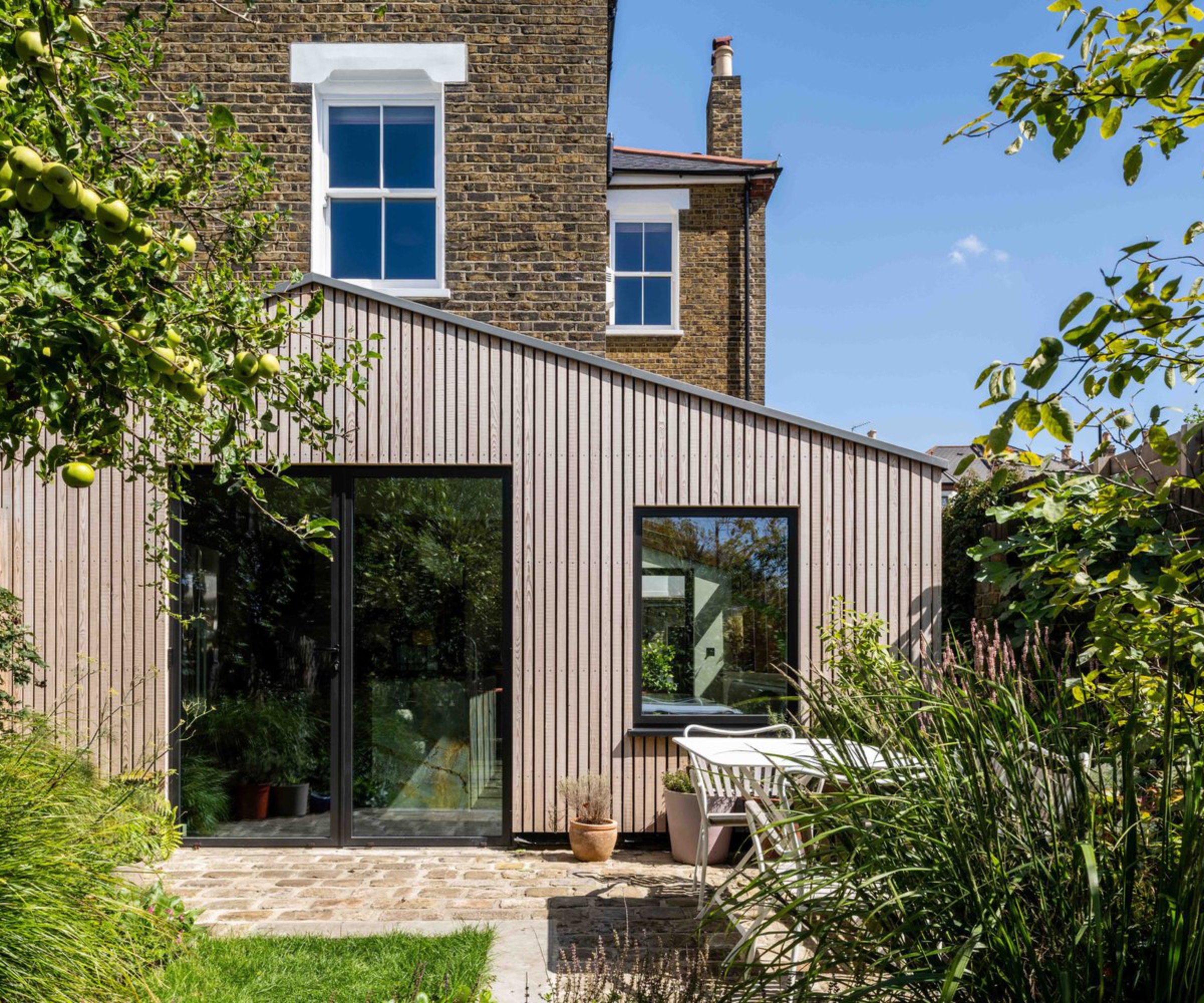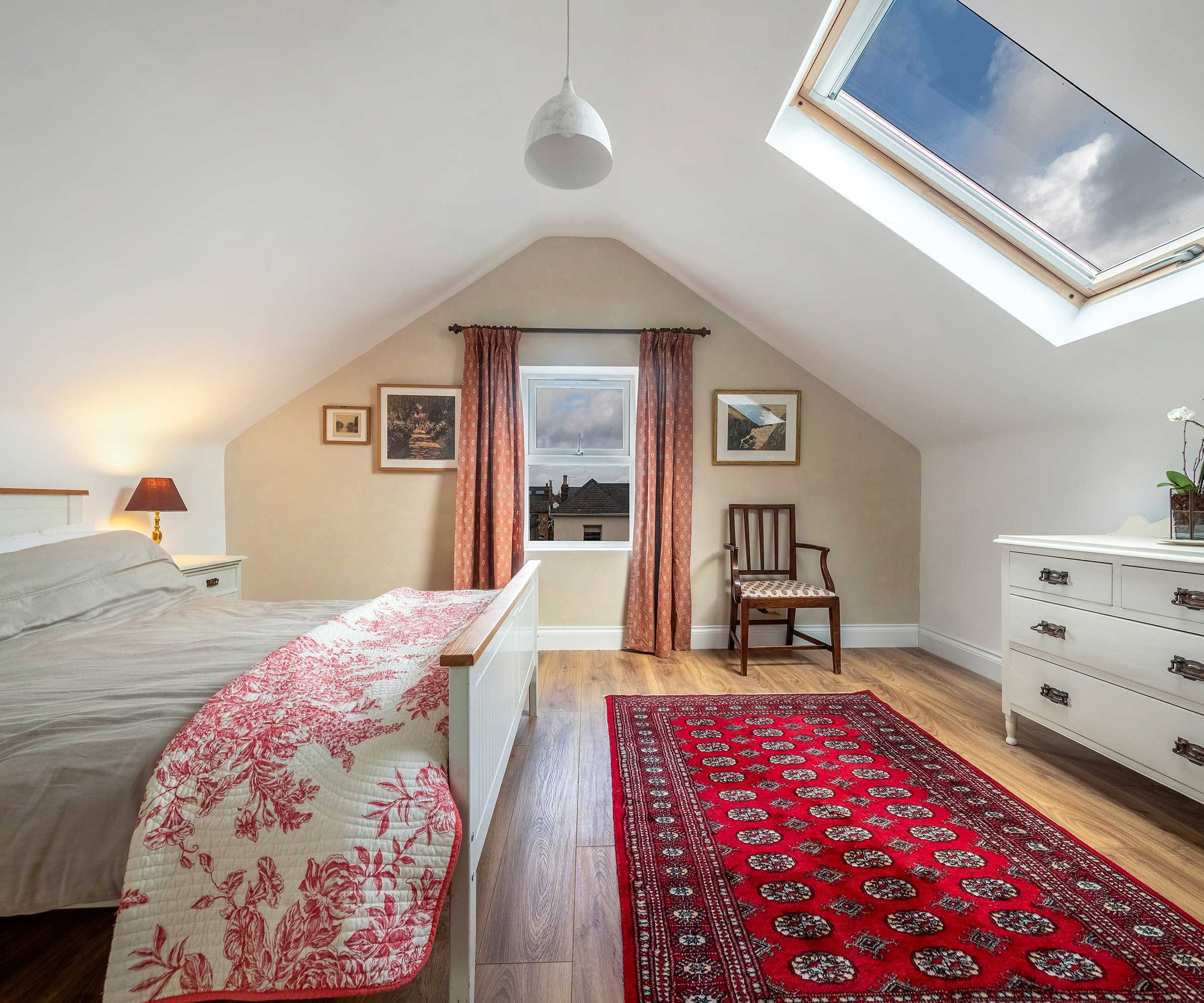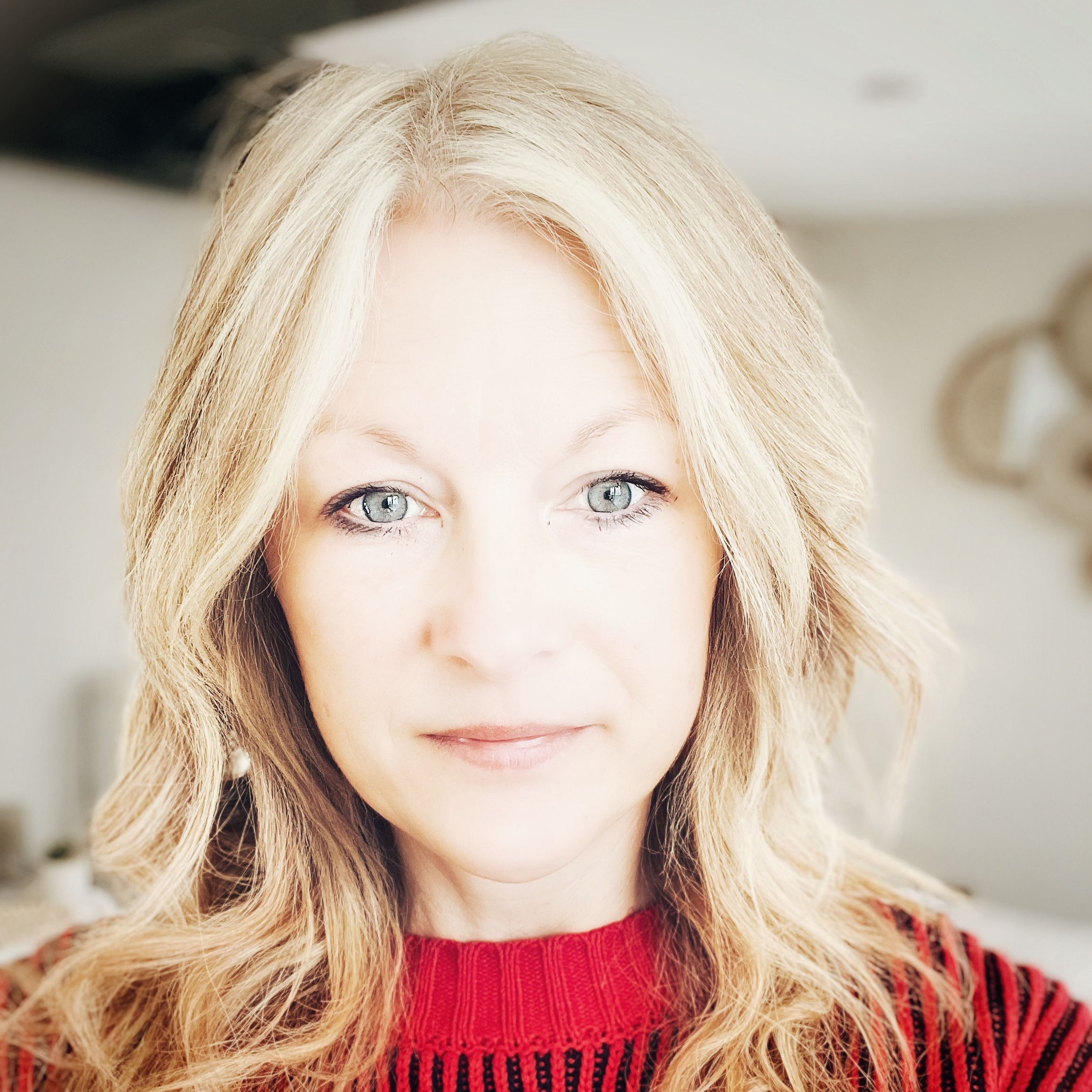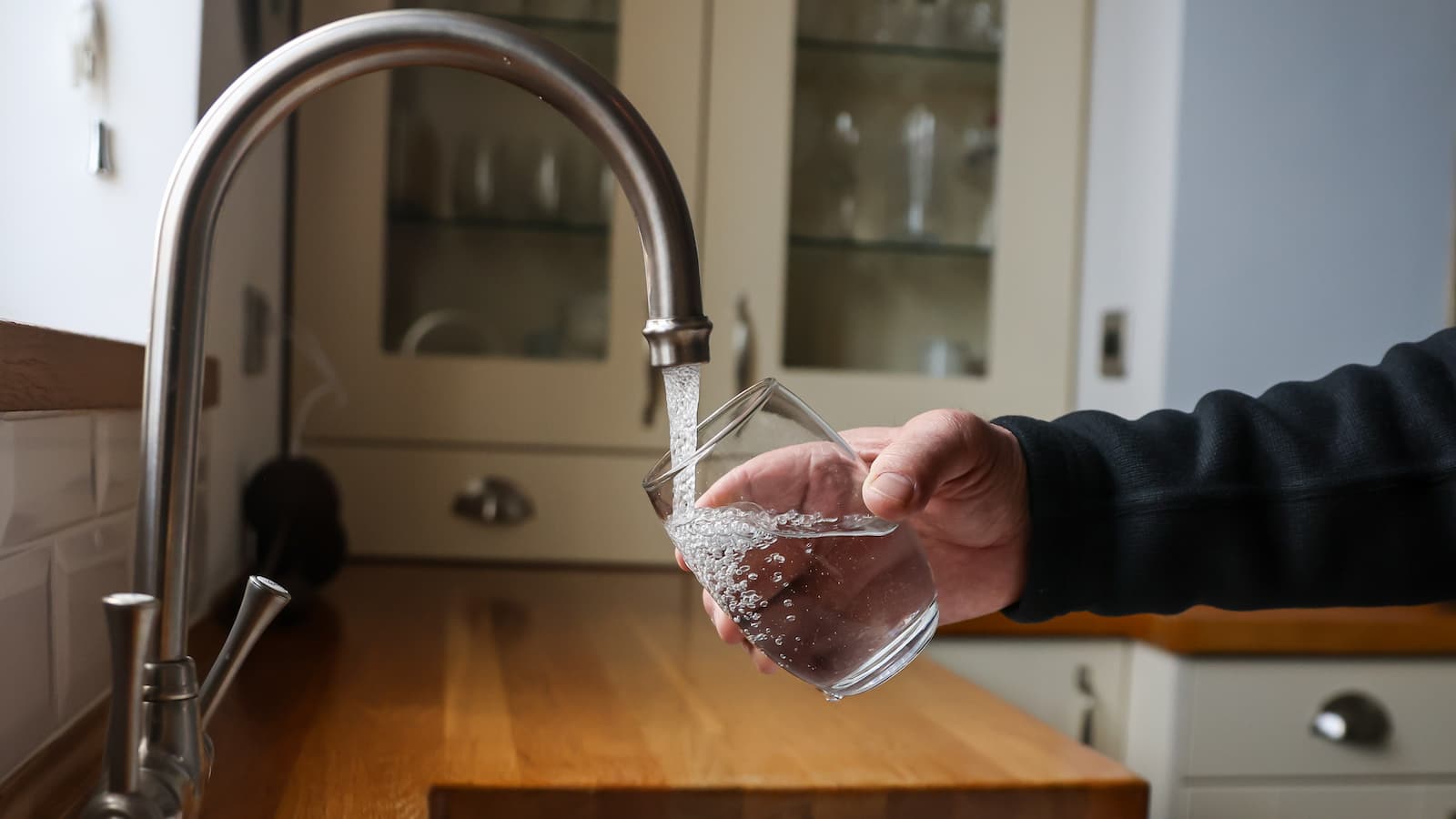Will selling your home with planning permission always bring in the big bucks, or does a 'sold as seen' approach sometimes reap more rewards?
It's easy to assume planning permission adds value to your property at resale – but is this always true? We explore when it might be best to leave well alone

It's common to wonder 'does planning permission add value to your house' if you're considering moving on to pastures new. Perhaps you were considering expanding but have found your dream home and want to show potential buyers what could be achieved with your home. Or, maybe you always planned to sell your home on as a 'doer-upper' but wanted to make sure it's sold with maximum return.
Either way, it's also easy to assume that planning permission always adds value – after all, if you've done the leg work and paid for the plans, why wouldn't it make your property worth more?
The reality is, while in many cases planning permission does add value, there are cases when it doesn't, meaning you could risk not getting the return on your investment, or even losing a sale. We explore when does planning permission add value and when it's best to take a 'sold as seen' approach.
Factors influencing whether or not planning permission adds value?
Who better to ask does planning permission add value than those responsible for selling your property for you? Estate agents are on the front line of the property business and understand only too well what does and doesn't make a property more saleable. So what do they say to customers who ask if planning permission will make their home more valuable?
"We are frequently asked whether obtaining planning permission before selling a home adds value. The answer is that it can, but not in every situation," says Glynn Gibb, regional director at John D Wood & Co.
"The impact on value depends on the type of planning permission secured, the nature of the property, and the demand within the local market.
"In many cases, having full planning permission in place does make a property more attractive to buyers. It gives potential purchasers confidence that improvements or developments can go ahead without the uncertainty or delays involved in applying for permission themselves," advises Glynn.
Bring your dream home to life with expert advice, how to guides and design inspiration. Sign up for our newsletter and get two free tickets to a Homebuilding & Renovating Show near you.
"For buyers who are keen to move quickly or avoid the complexities of the planning process, this can be a major advantage. When the approved plans reflect changes that are in high demand – such as adding bedrooms, extending living spaces, or improving the layout," he says, "this can increase both interest and potential sale price."


Glyn Gibb is a regional director at estate agents, John D Wood & Co. A well known business selling residential property in London and the South of England for around 150 years.
How much value can planning permission add?
Of course, the burning question for most homeowners considering applying for planning will be how much value will permission add? After all, the planning process isn't cheap.
You'll need to pay for architects and potentially other professionals such as planning consultants. You may need various building surveys and reports and then there's the cost of planning itself. And, if the plans aren't approved, you then face the risk of selling on a house with refused planning permission which may even devalue your property further.
"Securing planning permission can significantly enhance a property's value, particularly when it reduces perceived risk or unlocks development potential," says co-founder of Searchland, Hugh Gibbs.
"On average, planning permission adds around 11% to property value in England – equivalent to approximately £32,500 based on the current average house price," he confirms.
"Buyers typically respond positively to certainty, so approved plans can make a home or plot more attractive, especially in areas where space is limited or where planning hurdles are typically harder to overcome, such as conservation areas or with listed buildings," advises Hugh.

Hugh Gibbs is Co‑founder and Head of Sales at SearchLand, a London‑based proptech startup, revolutionising off‑market site sourcing for property developers and investors.
When does planning permission not add value?
However, before you get too carried away with the thought of your home's value increasing, when might it be better to make a 'sold as seen' decision rather than taking on planning?
"It is important to note that planning permission does not always result in increased value," warns Glyn Gibbs. "If the plans are too specific, difficult to execute, or do not align with what most buyers in the area are looking for, the perceived value may actually decrease.
"Some buyers may be put off by the commitment to a particular layout or style too," he adds. "Properties in conservation areas or with listed status may also come with additional restrictions that reduce the practical benefits of having planning permission in place," he warns.
"Value gains are not guaranteed," agrees Hugh Gibbs. "Overly ambitious, expensive, or impractical schemes may fail to resonate with buyers, especially where permitted development rights already offer similar outcomes."

Outline planning permission also comes with risk
If obtaining full planning permission feels a step too far, you may be considering getting outline planning permission instead, feeling it offers more of a halfway house, and giving scope for your prospective buyers to more easily make amendments or changes.
However, this can come with its own set of risks warn the agents, meaning it might not be the value add you thought.
"Outline planning can still demonstrate development potential, particularly on larger or evolving plots," says Hugh Gibbs, but caveats it with the warning that, "buyers may discount for the lack of detailed certainty compared to full consent.
"Outline planning permission can indicate development potential, but it does not offer the certainty that most buyers are looking for," agrees Glynn Gibbs.
"While it shows that the local authority is likely to approve building in principle, buyers will still need to complete the full planning process to confirm the exact details of what can be built. Full planning permission, by contrast, is typically far more valuable because it provides specific, approved plans that the buyer can act on with confidence," says Glynn.
It's also important to take a step back and look at your property as it stands, he advises.
"If the home is already appealing as it stands or likely to attract buyers with their own development plans, then the time and cost involved in securing permission may not be worthwhile."
What type of changes add most value?
Still convinced planning permission will add value to your home? The final factor to consider is the type of extension, conversion or rebuild you are looking to obtain permission for.
"Certain types of planning permission tend to add more value than others," says Glyn Gibbs. "Extensions that create additional space, particularly rear or side extensions and loft conversions that allow for extra bedrooms or bathrooms, are generally the most desirable."
Location can also play a role in deciding how you might remodel a home or add to the current floorplan.
"Basement conversions, especially in central London, can also significantly increase value," advises Glynn. "In addition, planning permission for outbuildings, garden offices, or annexes often appeals to buyers looking for flexible space to accommodate family, guests, or remote work."
But what about a demolition and replace application? Is it worth considering this option when choosing a self build design is such a personal process?
"In some cases, having permission to demolish and rebuild can be highly valuable, particularly in locations where modern homes are in demand and land is scarce," says Glynn. "This is especially true if the existing property is outdated or poorly insulated. Nationwide Building Society has estimated that home improvements that add floor area, such as an extension or loft conversion, can add up to 25% to a property’s value, which gives some indication of the potential uplift that planning approval can support," he adds.
"Permissions that expand a property’s footprint or use – such as lofts, basements, or large extensions in high-demand areas like London – or that enable entirely new dwellings via infill plots, corner sites, or change of use applications," can be the most valueable adds Hugh.
"Full planning permission for demolition and rebuild can also deliver a substantial uplift, particularly when the proposed design increases square footage, improves layout, or suits modern buyer preferences. In these cases, developers and self-builders may be willing to pay a premium for ready-to-go opportunities."

Best advice
"For sellers, whether or not it is worth applying for planning permission before going to market depends on these factors," says Glynn Gibb.
If the proposed works are: 1. Realistic, 2. Desirable, and 3. In line with what buyers want, "then securing permission can increase interest and support a higher price. It can help a property stand out and show that it has been thoughtfully prepared for sale.
"Planning permission can certainly be a valuable asset when selling," he says, "but only when it reflects the expectations of the target market and the realities of the local area."
Wondering when to apply? Don't leave it too long suggests Hugh Gibbs.
"For those considering a sale, it’s generally worthwhile to secure planning permission beforehand. While it involves upfront costs and extra time before you can go to market, these are often outweighed by the increased marketability and resale potential of the property in the long run."
Find out how long planning permission takes if you think it's time to take the plunge, and be sure to avoid these planning mistakes to ensure the process is as quick and as smooth as possible.

Sarah is Homebuilding & Renovating’s Assistant Editor and joined the team in 2024. An established homes and interiors writer, Sarah has renovated and extended a number of properties, including a listing building and renovation project that featured on Grand Designs. Although she said she would never buy a listed property again, she has recently purchased a Grade II listed apartment. As it had already been professionally renovated, she has instead set her sights on tackling some changes to improve the building’s energy efficiency, as well as adding some personal touches to the interior.
